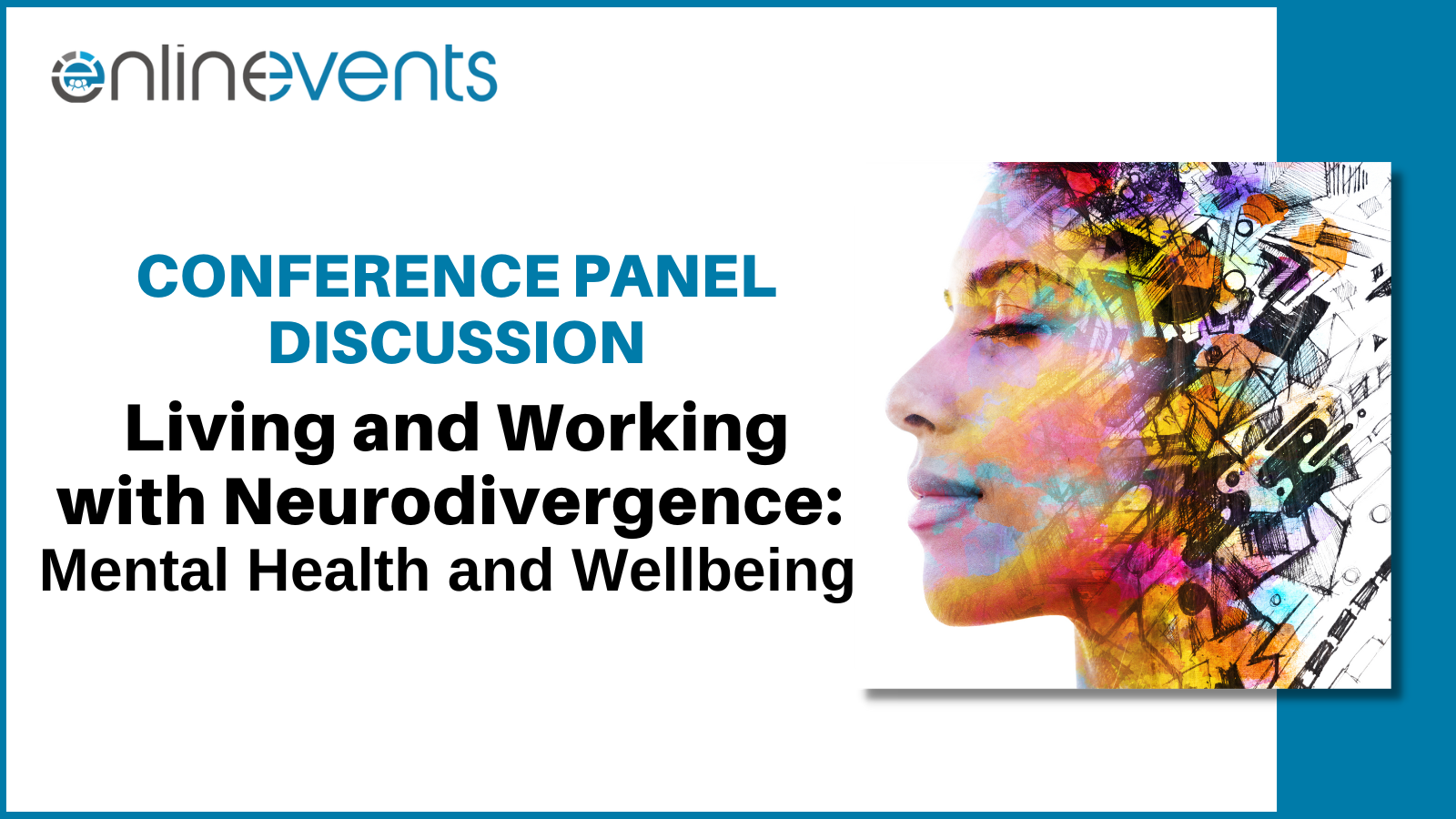This panel discussion is a frank, authentic, and at times, emotional discussion of the realities of living and working with Neurodivergence.
Course Content
Presenter
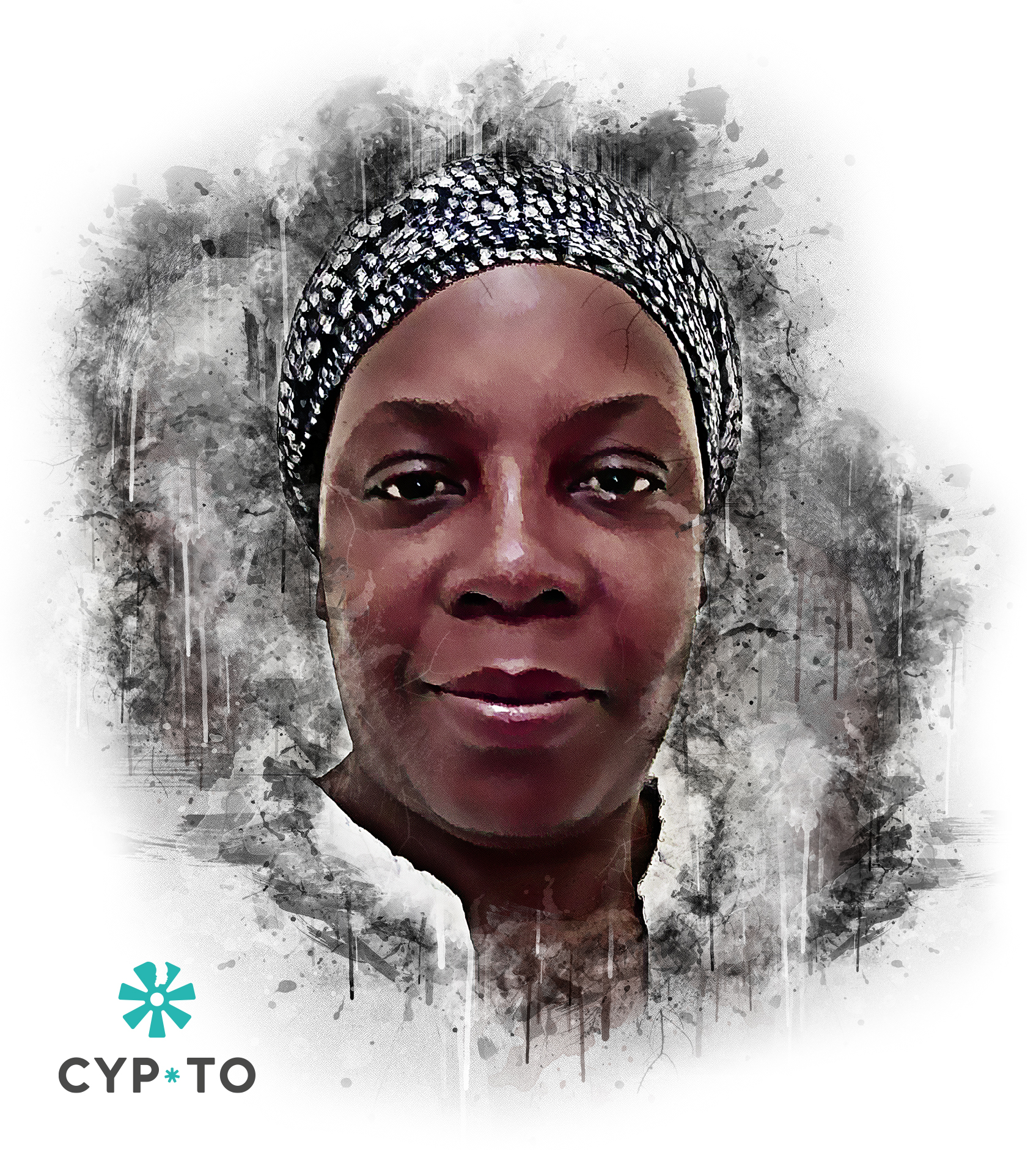
Basi is an accredited Integrative counselling therapist having qualified with a master’s in counselling children. She has a background in domestic abuse, family and parent work that led her to becoming a therapist. She enjoys working online as a therapist and clinical supervisor in private practice. She works in schools, is a trainer and consults. She is a registered and accredited member of the BACP. A professional Member and Director of ACTO and a qualified Clinical Supervisor. Internationally, she is an Associate Member of the BSP (Barbados Society of Psychology). She has a personal and professional connection to neurodiversity.
Basi presents the second part of the workshop which is about Neurodiversity and Race. She raises some issues that have been highlighted in research, personal experiences both here and internationally. The aim of this part of the workshop is to raise awareness of the Black, Asian and Global Majority experience, to inspire further insight and research into these lived experiences. And hopefully to create more visibility and focus on this community of people.
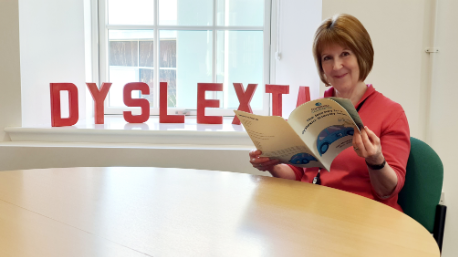
Cathy Magee is Chief Executive of Dyslexia Scotland, the national voluntary organisation which aims to enable people with dyslexia to reach their potential in education, employment and life. Cathy has been in post since October 2007.
Her background prior to this includes 4 years on secondment to the then Scottish Executive Health Department, managing the National Health Demonstration Projects programme; over 20 years voluntary sector experience working at local, national and international levels (including Save the Children, Wester Hailes Adventure Group, Voluntary Service Overseas in Nepal, Volunteer Development Scotland and the Stirling Health and Well-being Alliance); as well as teaching English as a Foreign Language for 2 years in France. Her roles have included managing volunteers, staff, community development projects and after school clubs involved in addressing inequalities, improving health and well being and informal adult education and basic literacy, as well as national policy development, implementation and dissemination.
Her interest in dyslexia first began while working at Save the Children with children with learning difficulties in an After-school Club in Muirhouse, Edinburgh.
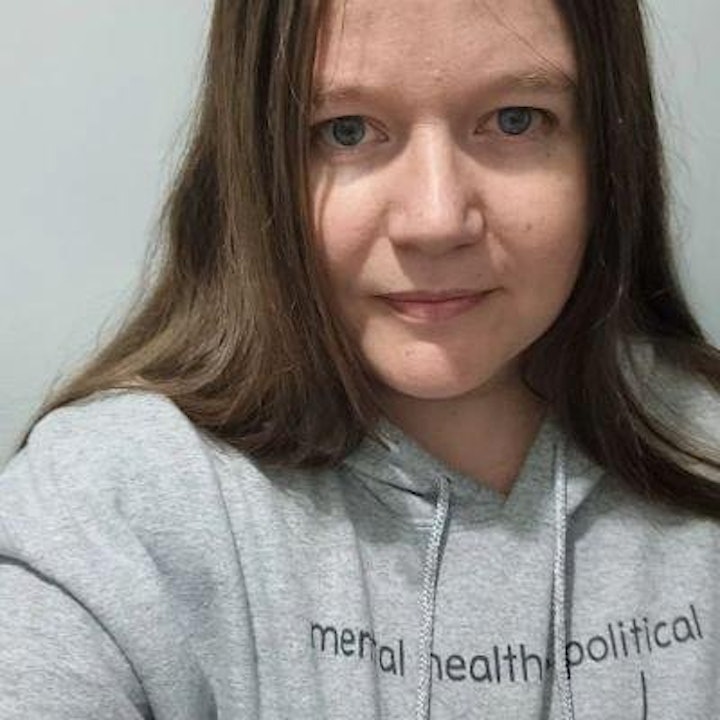
Erin (she/they) is an integrative therapist and supervisor working in private practice in West Yorkshire. Her practice is focussed on working with clients who have previous experience of harmful therapy, in short and long term work. She is increasingly working with therapists who work with harmed clients, as well as therapists who are concerned about, or otherwise interested in harm in therapy, both in open-ended supervision, and short term consultancy.
As well as therapy and supervision, Erin is a writer, trainer and activist, with a focus on harm in therapy, neurodivergence and social justice.
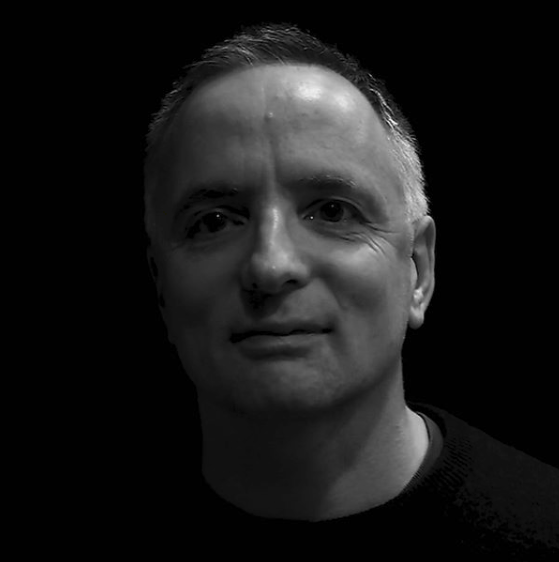
Jonny is an informal researcher, coach and dialogue facilitator, influenced by a life of Eastern and Western disciplines including in contemporary fine arts, dialogue and spiritual practice. After a diagnosis of Asperger Syndrome he trained in Coaching and Autism studies, then formulated the Autism Dialogue Approach® and Mindfulness for Autism (M4A).
Dialogic Action CIC was founded by a team of autistic people, academics, philosophers, coaches and third-sector experts, who believe generative dialogue is a framework for moving beyond individual consciousness into an emergent wholeness, and the key to a more harmonious existence.
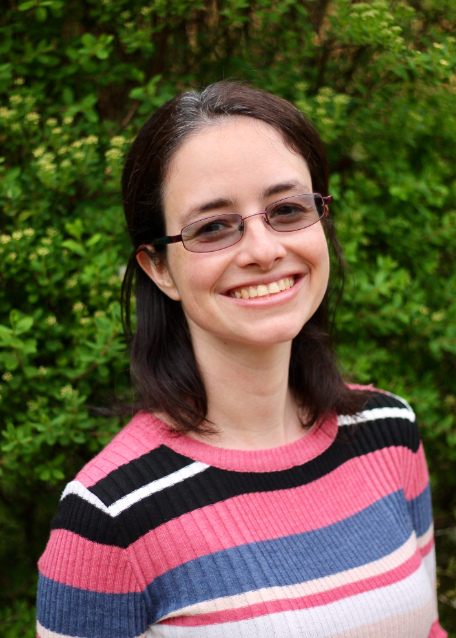
Karin Brauner is a twice published author, a bilingual coach/counsellor/psychotherapist, as well as a supervisor in private practice. She trained in Guatemala and in Brighton, England. Karin has always been interested in many areas, which focus on her training as a therapist, but also her passion for writing and IT. These have led her to have a variety of services and product offerings, which she keeps adding to. These include social media marketing and content creation, as well as website support, tutoring, academic support, and other areas.
Karin is passionate about everything she does, and she enjoys seeing her colleagues and clients thrive in their work and lives. This is why she’s offering these workshops (and other courses to come in the near future). She enjoys supporting people be the best they can be, meeting them right where they are, and together figuring out what the best way forward is.
Marketing on social media became a focus of Karin’s back in 2017, when she started blogging. This propelled her practice into moving from 2-4 clients, to a full client list, followed by supervisees and now coaching clients as well. This means she can now offer the learning she’s done in the past few years, to practitioners starting their practices or thinking of growing their practices but needing the practical support to do so.
That’s what Karin offers – practical support to get you on the right track to building a successful business (whatever that means to each one of us individually).
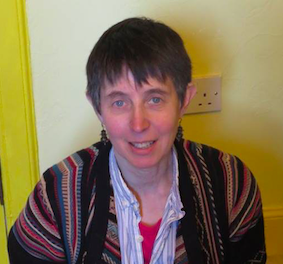
Max Marnau is a person-centred therapist living in the Scottish Borders. As the autistic daughter of refugees from Hitler’s Nazis, she feels a particular affinity with all the exiled, the othered, and the displaced. Among whom she counts both autistic people and survivors of abusive cults.
Her parents quite consciously did not transmit their culture to her for fear of making her an outsider. That’s quite funny, given that she’s autistic! She sees herself as a second-generation exile who never quite fitted anywhere, and that may have made her particularly vulnerable to the attractions of an apparently friendly and supportive cult with clear rules.
With the understanding that she is autistic came the discovery of her tribe, and Max has become an “out, loud and proud” autistic psychotherapist, activist, writer, and trainer.
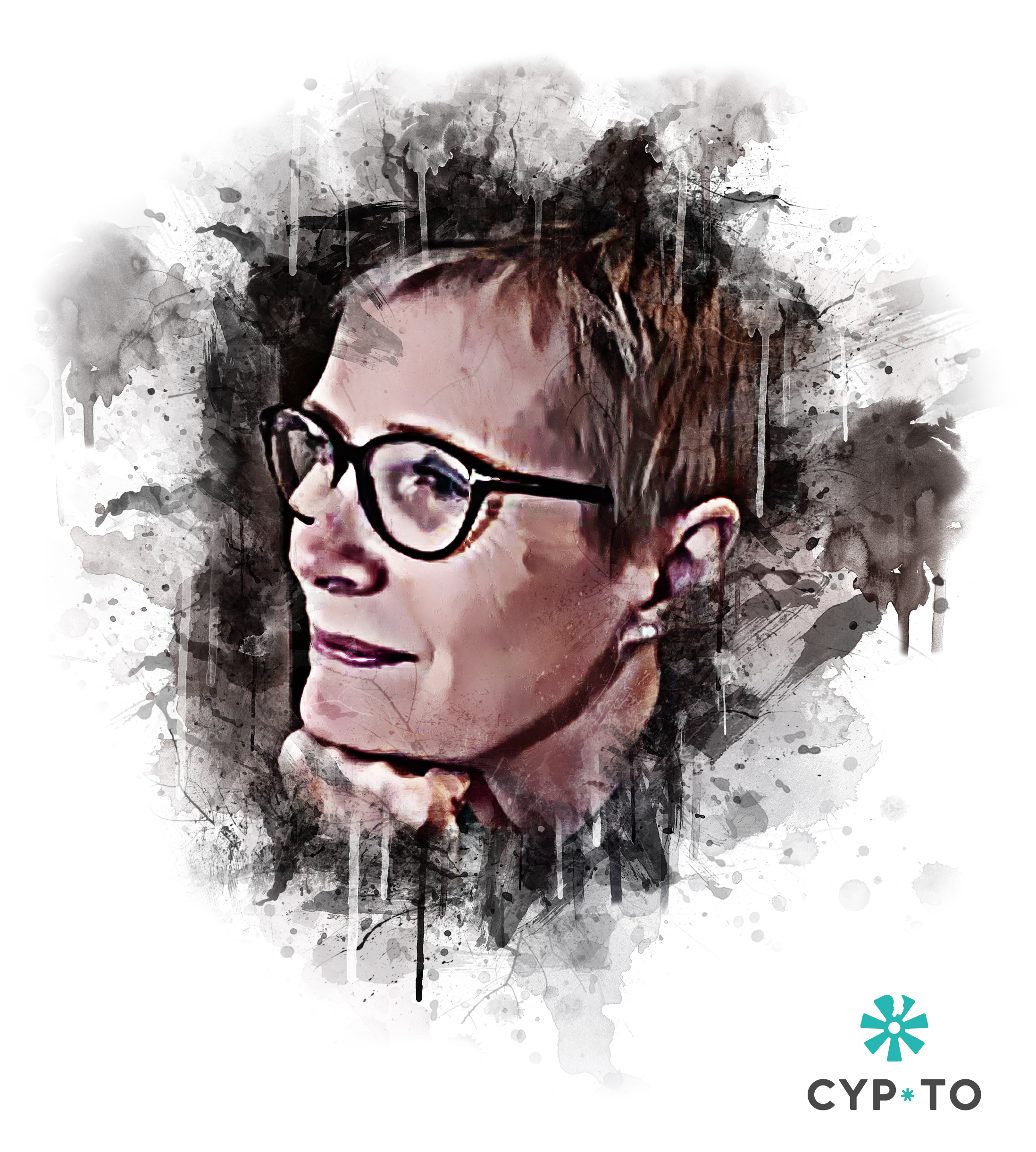
I completed my Masters in Psychodynamic Psychotherapy in 2011 with a focus on working with Children and Young People. I work in Private Practice in an online setting with a range of ages, from children up to adults, many of whom are neurodiverse and am also a supervisor and trainer.
As an autistic person and as a therapist, I find I can explore neurodiversity with my clients in ways that support my neurodiverse client’s understanding of themselves.
I find that working online with neurodiverse clients can really enable my clients to express their authentic selves and find safety and understanding in the connection.
Many of my clients have a history of trauma and I provide trauma-informed support that ensures that the therapy is shaped to suit the individual client, going at a pace that is set by the client.
I have trained to provide trauma-informed mindfulness interventions, completing my training certification with the Sussex Mindfulness Centre, Sussex NHS Trust. This means I can explore various breathing practices or grounding resources that suit each individual client as needed in the therapy.
I am currently the Director on the Board for the professional body, The Association for Counselling and Therapy Online with responsibility for Children and Young People. I am responsible for establishing the ACTO network of Children and Young People therapists with Basi as we wish to ensure that the online work with our younger clients is to the best possible standards, whilst also sharing our ideas for creativity and safety online.
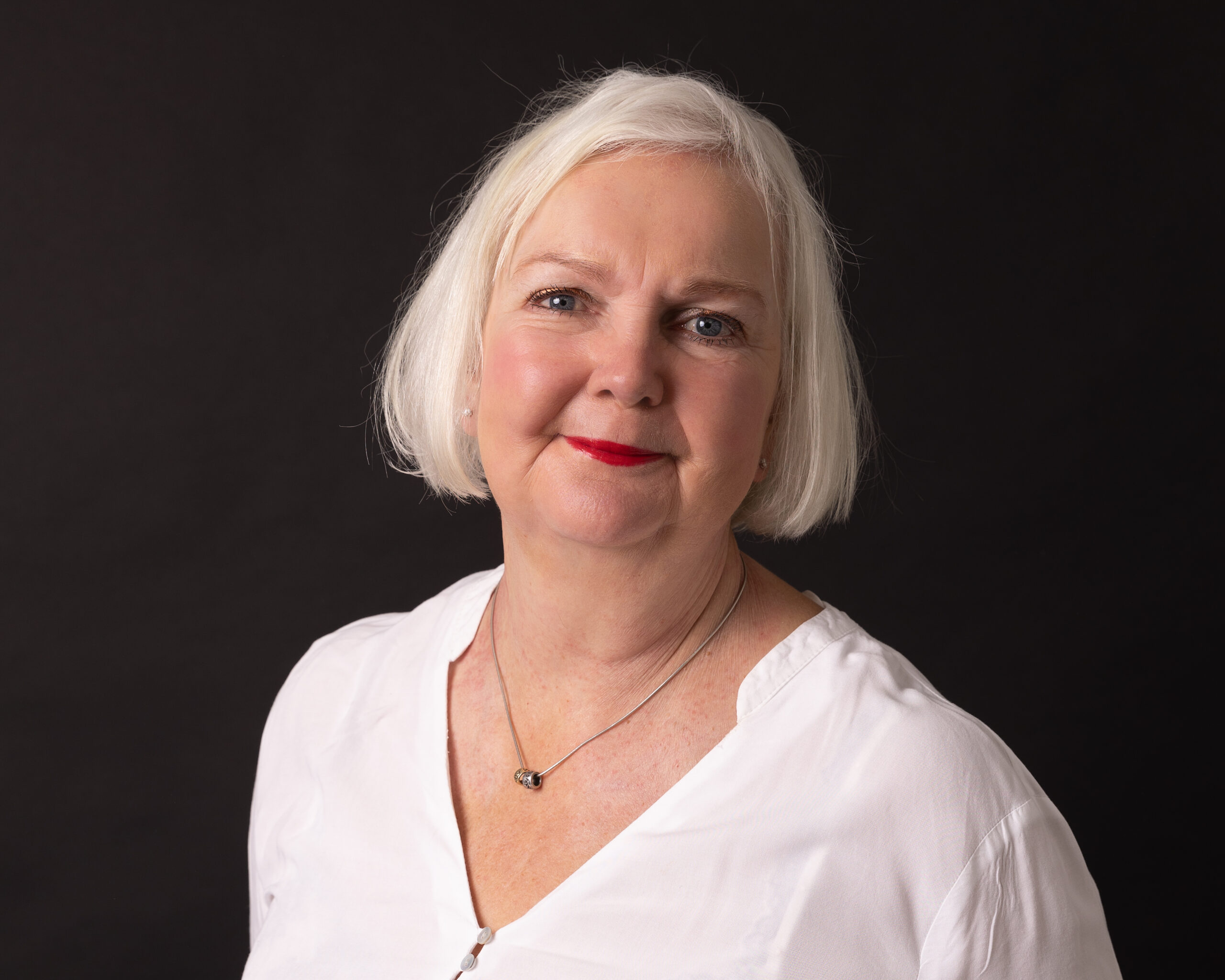
Sarah is the founder of The Weller Way, a family relationship coaching practice which specialises in supporting families with neuro divergent children.
The Weller Way delivers coaching throughout the UK, face to face and online, on a one to one basis, as well as Group workshops and Talks for Corporate Wellbeing programmes and Schools.
Sarah has many years of experience and training for her roles in supporting young people and families in the Mental Health and Homelessness sectors prior to founding The Weller Way, and is familiar with working alongside Social Services, Schools, CAMHS, community mental health teams and specialist providers.
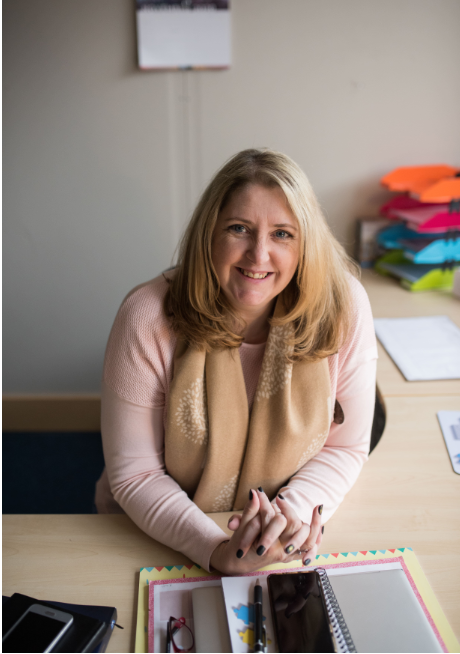
As a private practioner of many years, I have had the privilge of working and supporting the neurodiverse community, mainly autism, aspergers and dyslexia. My clients range from indivduals, couples and young people, I am PCT trained however I have used various modalities and creative ways within my clinical practice to meet the client’s needs when required.
I have been assessed over the years for an intellectual learning disability, called Dyslexia. My personal experience of being dyslexic has been very mixed over the years, however I find that as a visual learner I can incorporate my expereince of dyslexia into my clinical pratice.
Doodling is part of my self care routine and I believe that anyone can doodle. So please grab some paper a pencil and come along and have some downtime. I’m telling you this workshop is the quietest, most calming one you might attend, plus you get to have some fun with others.

